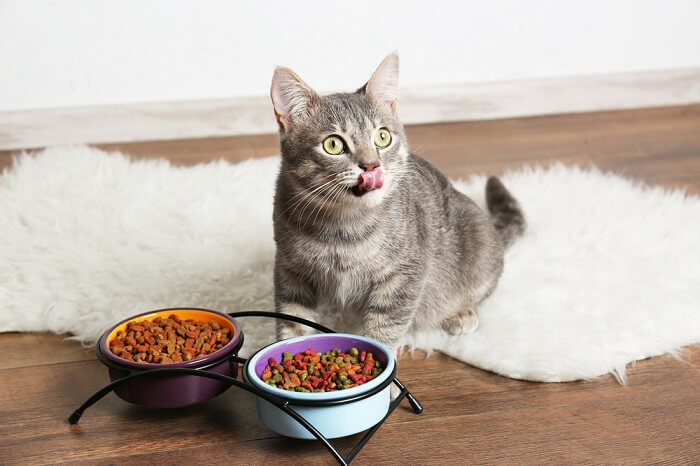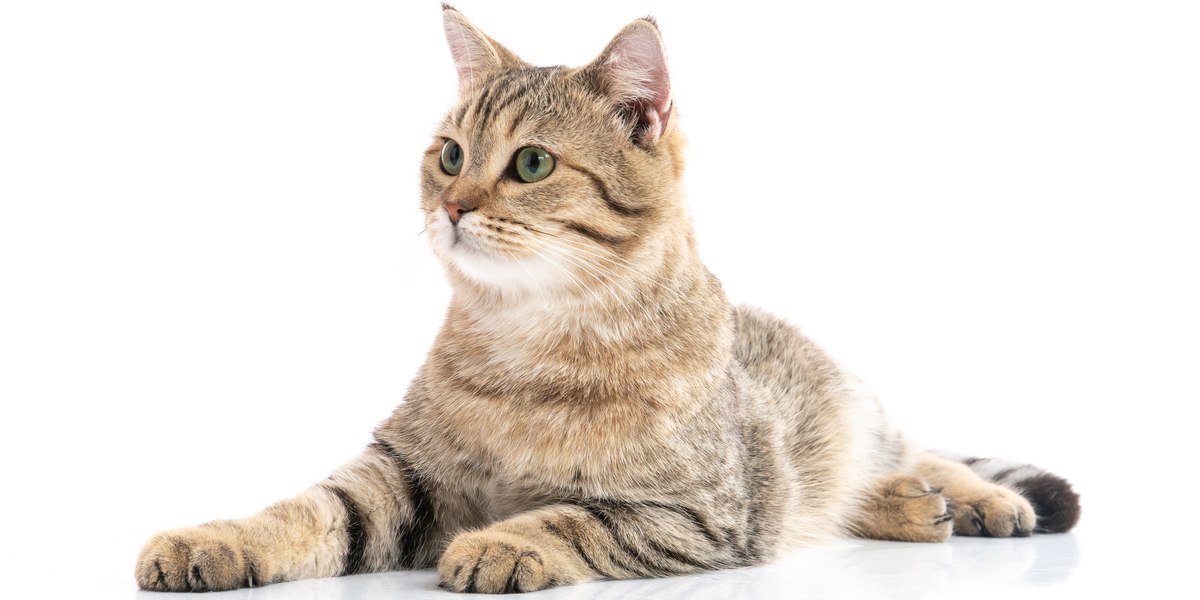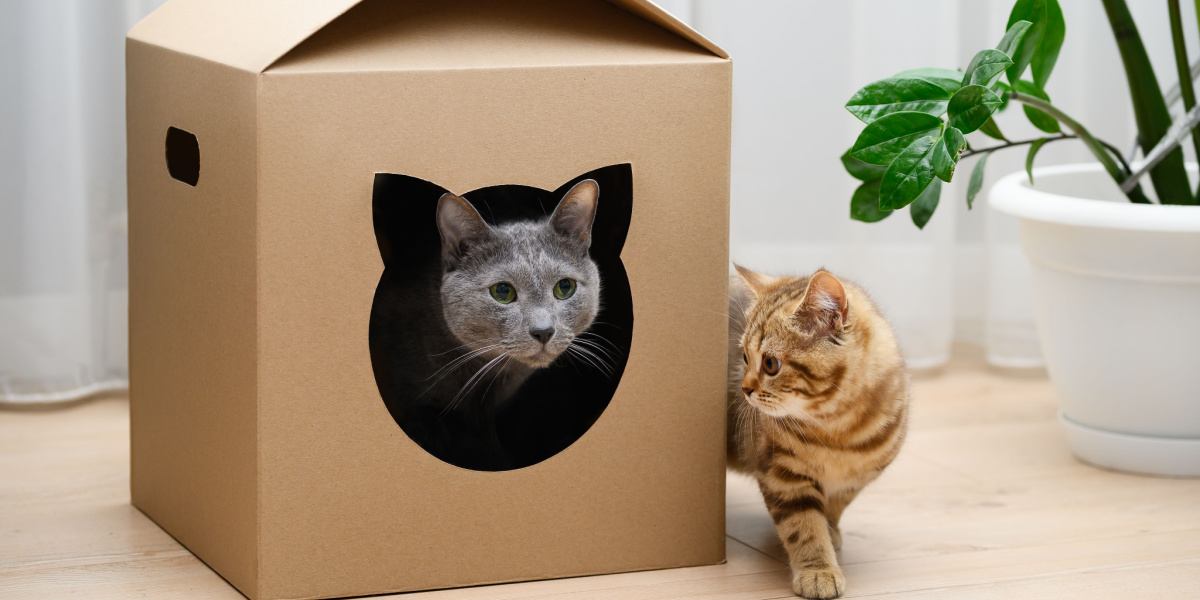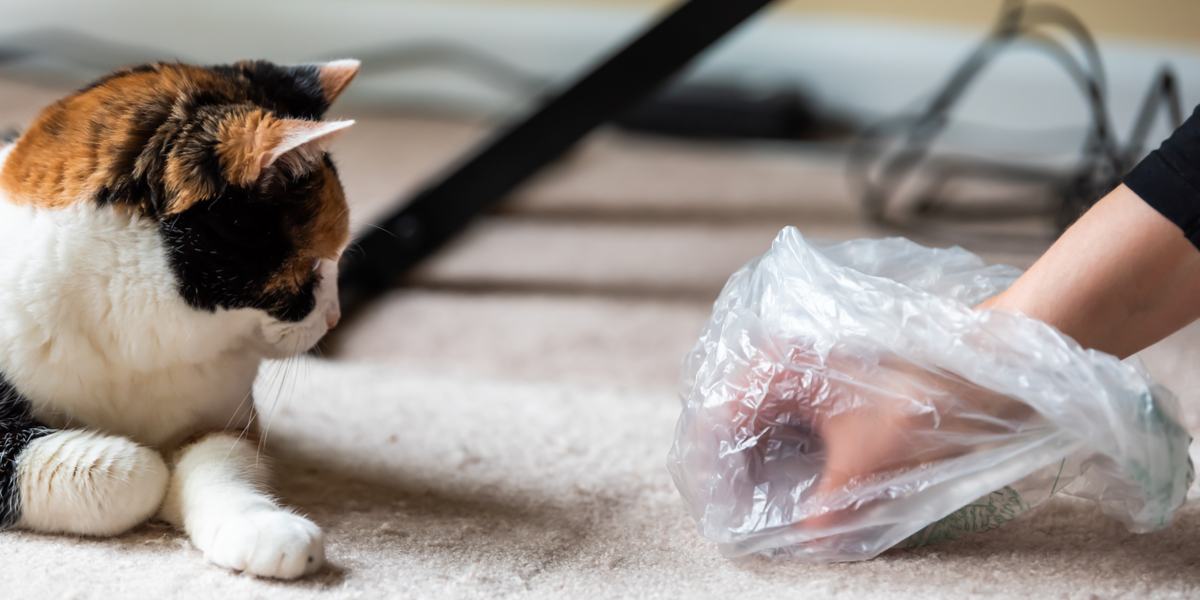Feeding Your Cat: Know The Basics Of Feline Nutrition
This page contains affiliate links. We may earn money or products from the companies mentioned in this post through our independently chosen links, which earn us a commission. Learn More
Cats love food, and they love to hunt. Channeling a cat’s instincts to satisfy their nutritional needs can be an interesting challenge but it’s not impossible. So, what are the fundamentals cat parents need to know when selecting a pet food for their cat? Let’s discuss this more.

First Off, Cats Love Meat
Because cats are obligate carnivores, meat is the first thing cats naturally crave, so it’s good to feed that craving with healthy, nutritious food. Cats will naturally be attracted to pet food that consists of protein or even animal fat.
Animal sources of fat are great for cats as they utilize them for essential fatty acids that have a direct benefit to their skin and coat.
“Taurine is an essential amino acid for cats, and it is generally included in a recipe for cats and is necessary for heart and eye health,” said Dr. Bradley Quest, DVM. “It is good to look at the ingredient list and the guaranteed analysis on the bag or can of food.
At minimum, a premium dry cat food should guarantee minimum 30% crude protein and list taurine as one of the ingredients.”
A great option of a high protein pet food at an affordable price point for cats is Inception Pet Foods. Their dry cat food line has at least 70% animal or fish protein ingredients and supplemented with an extra taurine.
With that said, when first considering a pet food for your cat, a great way to know if it’s made to the highest standard offered is by looking for the AAFCO statement. AAFCO stands for American Association of Feed Control Officials.
Their job is to make sure that pet foods meet requirements to offer your cat a well-rounded nutritional diet.

“AAFCO requires that adult cat food have a minimum of 26% crude protein for adult maintenance diets and 30% crude protein for all life stage diets (suitable for kittens and pregnant or nursing female cats),” said Dr. Quest. “Most premium diets contain more protein than that though. A general rule of thumb is that most cats need about two grams of protein per pound of body weight daily.”
Wet, Dry Or Homemade Pet Food?
With all the pet food options available, it can be confusing to know what to feed your cat. Add in wet, dry, and homemade food options and that’s enough to drive anyone crazy! So, based on a cat’s dietary needs, what is best?
Ideally, it’s a good idea to feed cats a rotating diet of wet and dry food for many reasons but the main reason is for their water intake. With that said, the Inception pet food line is made with matching wet can recipes.
Inception wet food recipes are made with agar agar instead of guar gum which is high in moisture. The wet food recipes also don’t include carrageenan gum, xanthan gum and lucus bean gum.
Carrageenan gum for example, is a seaweed derivative that is commonly used as a food additive in a wide variety of products but can have a negative effect on animals.
“For many cats it is a good idea to feed wet cat food such as Inception as it can be a good source of dietary water for cats and since many cats do not drink enough water and this can lead to urinary and kidney problems if water intake is consistently low,” said Dr. Quest. “Historically, cats are water conserving animals and do not typically drink a lot. This is because they are designed to get a lot of their water from the food they eat.”
Feeding your cat is not difficult but it’s important to remember to select foods with high amounts of animal proteins, animal fats, and taurine listed in the ingredients list on the pet food.
Also monitor your cats water intake and if you believe your cat isn’t drink enough it may be a good idea to add a wet cat food to his diet. As with any nutritional questions it’s recommended that you consult with your veterinarian to help decide what food is right for your cat.









